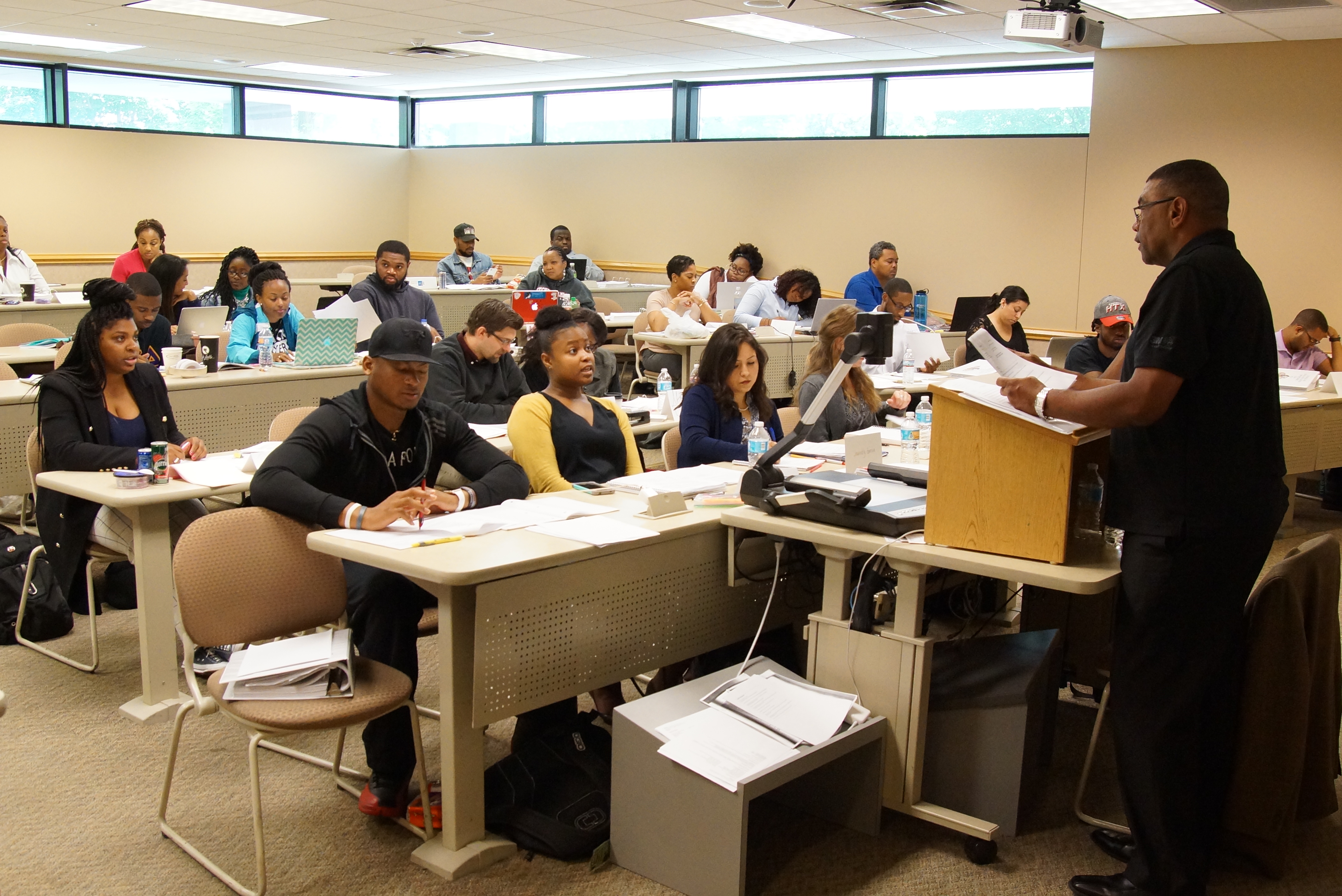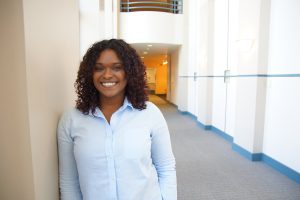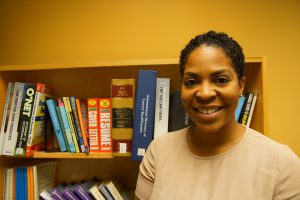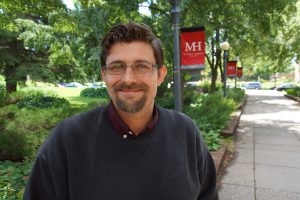 The legal profession is growing more diverse, but it’s still overwhelmingly white. By some accounts only 12 percent of lawyers in the U.S. are people of color.
The legal profession is growing more diverse, but it’s still overwhelmingly white. By some accounts only 12 percent of lawyers in the U.S. are people of color.
Increasing diversity among law students—and ultimately in the legal profession as a whole—is the goal behind the CLEO Pre-Law Summer Institute being held this summer at Mitchell Hamline.
40 students from across the country are spending four weeks on campus in June and July, taking courses on contracts, torts, legal writing, and other topics. They’re a mix of recent college graduates and working professionals.
Sharon Van Leer, Mitchell Hamline’s program manager for diversity and inclusion, calls it a “boot camp” for students who might not qualify for law school based on their LSAT scores alone but who possess a tenacity that shows they could succeed in law school.
“It’s gives them a preview of what law school is like,” Van Leer says. “The intensity, the rigorous courses, the format, the study habits—it just really prepares them for initiation into law school.”
The Council On Legal Education Opportunity, or CLEO, grew out of an effort in the 1960s by Harvard Law School to encourage black students to study law. Today the national program continues efforts to recruit, encourage, and support law students from minority and low-income communities with the help of Mitchell Hamline and dozens of other law schools around the country. Students who complete the CLEO program have a better chance of being accepted to law school.
“People here are willing to help,” says Charyce Rushing from Fairfax, Va., who has spent the last two weeks taking classes taught by the school’s faculty and adjunct professors as well as members of the Twin Cities legal community. “They have great professors, as well as great people, who
are really knowledgeable about law and who want to see you prosper.”
Rushing has applied to Mitchell Hamline and hopes to attend in the fall. Her CLEO classmate Kimberly Haynes from Miami has applied to Mitchell Hamline as well. Haynes says taking part in the CLEO program is akin to a having a first day of class that lasts four weeks.
“I feel like I’ll have a leg up,” she says. “I’ll already know how to do briefs and understand how to decipher a case.”
Haynes graduated with a business degree from the University of Central Florida this spring and hopes a J.D. will set her on a path toward a career in business law.
Alexis Herring is from Suffolk, Va., where she works with juveniles as a court services liaison. Herring hopes to attend either Mitchell Hamline or Atlanta’s John Marshall Law School in the fall and then go into family law as a career. She says CLEO’s effort to diversify the legal field is important for the nation.
“As a society in general I think everyone needs to be represented,” she says. “This is a legal system that’s supposed to represent all citizens of the United States.”
William Lippencott, a library assistant from Los Angeles, plans to start law school at Golden Gate University School of Law in San Francisco this fall after finishing the pre-law prep course at Mitchell Hamline. Lippencott says the CLEO program’s efforts to introduce the world of legal education to low-income individuals are critical to diversifying the nation’s pool of attorneys.
“It opens it up to people who might not have the confidence or the expertise to think they can go into law,” he says. “It gives them that strength to find that fortitude to push through.”
Lippencott wants to help low-income and immigrant populations in South Los Angeles with their legal issues after he earns a law degree.
Van Leer hopes that on some level that’s something all graduates of the CLEO Pre-Law Summer Institute will do.
“That’s the key—that they give back,” she says.




